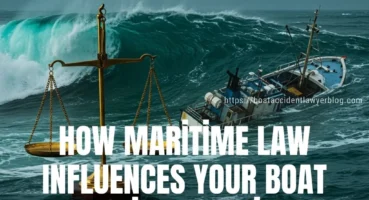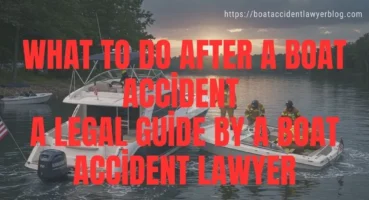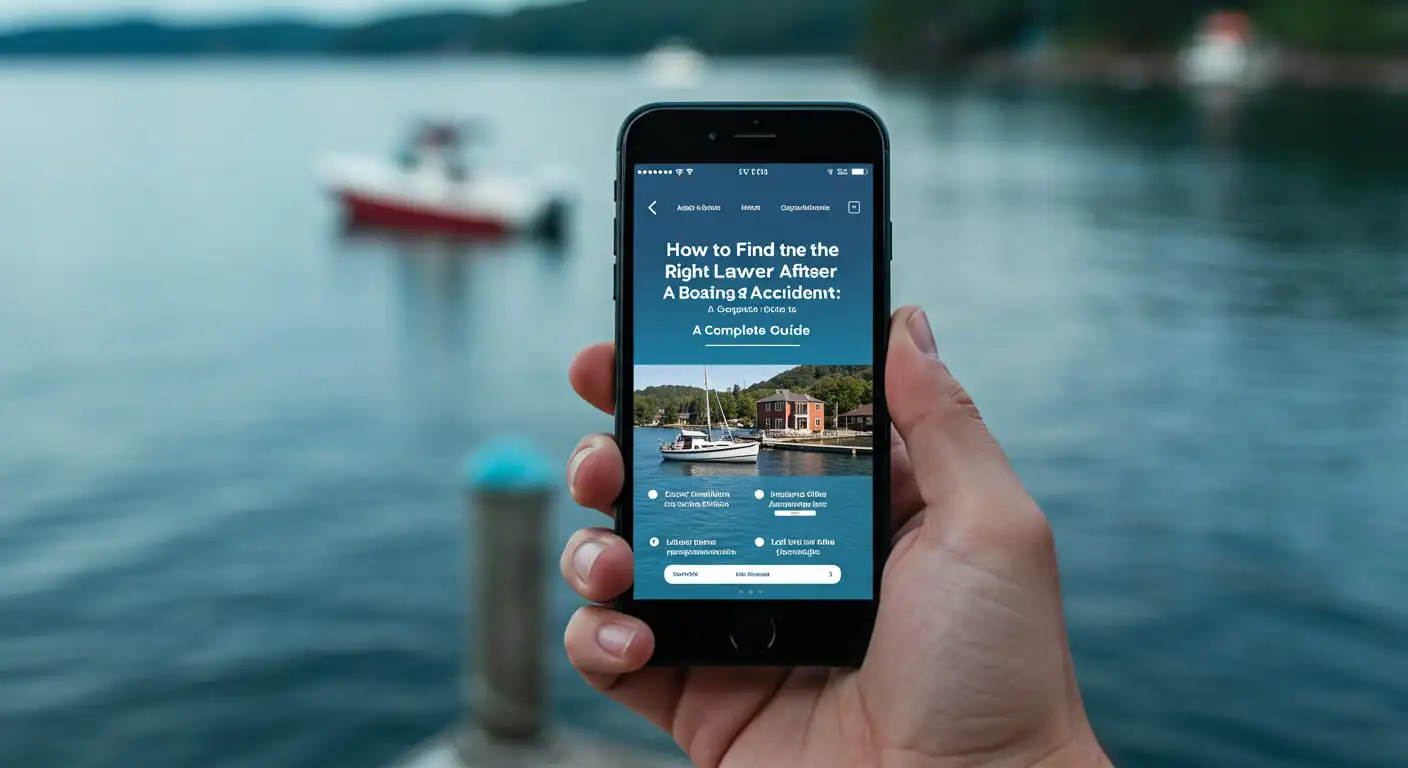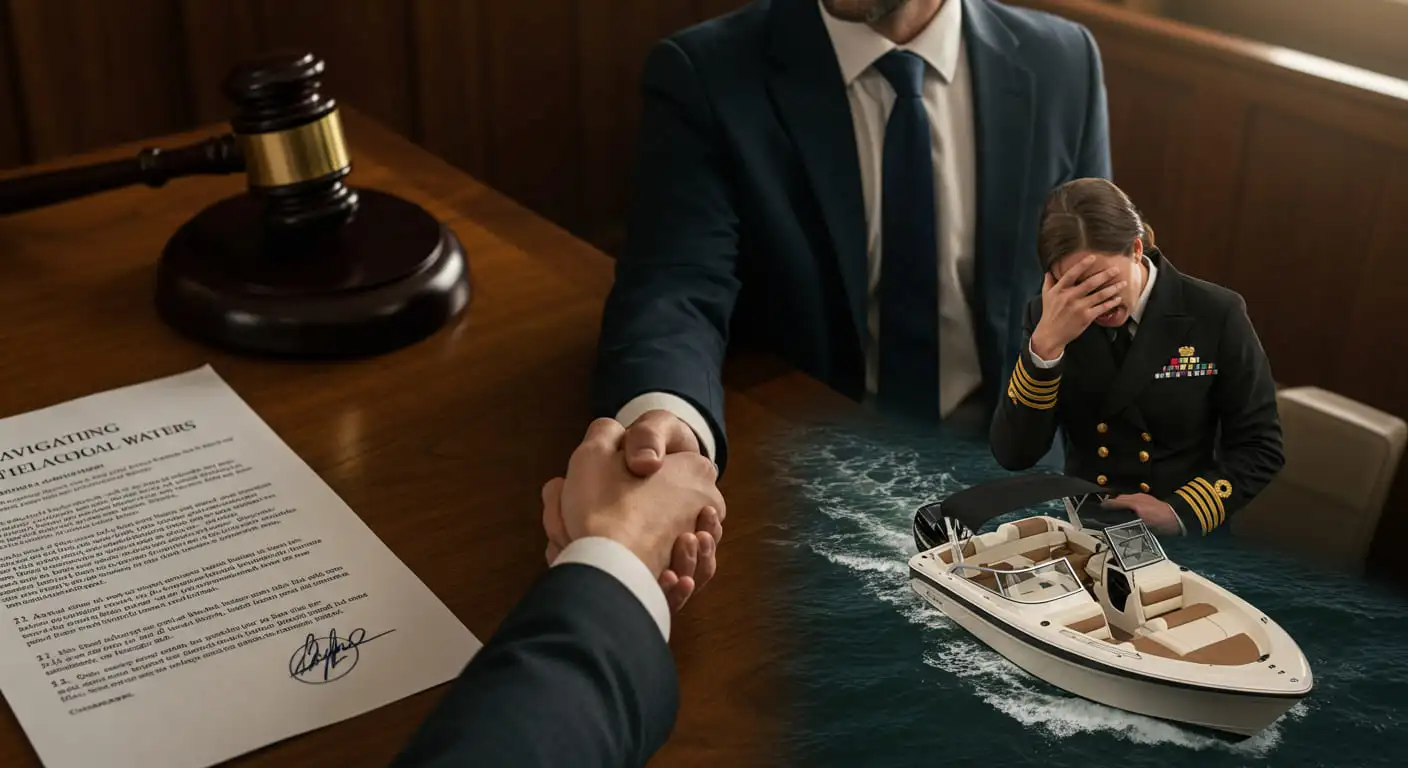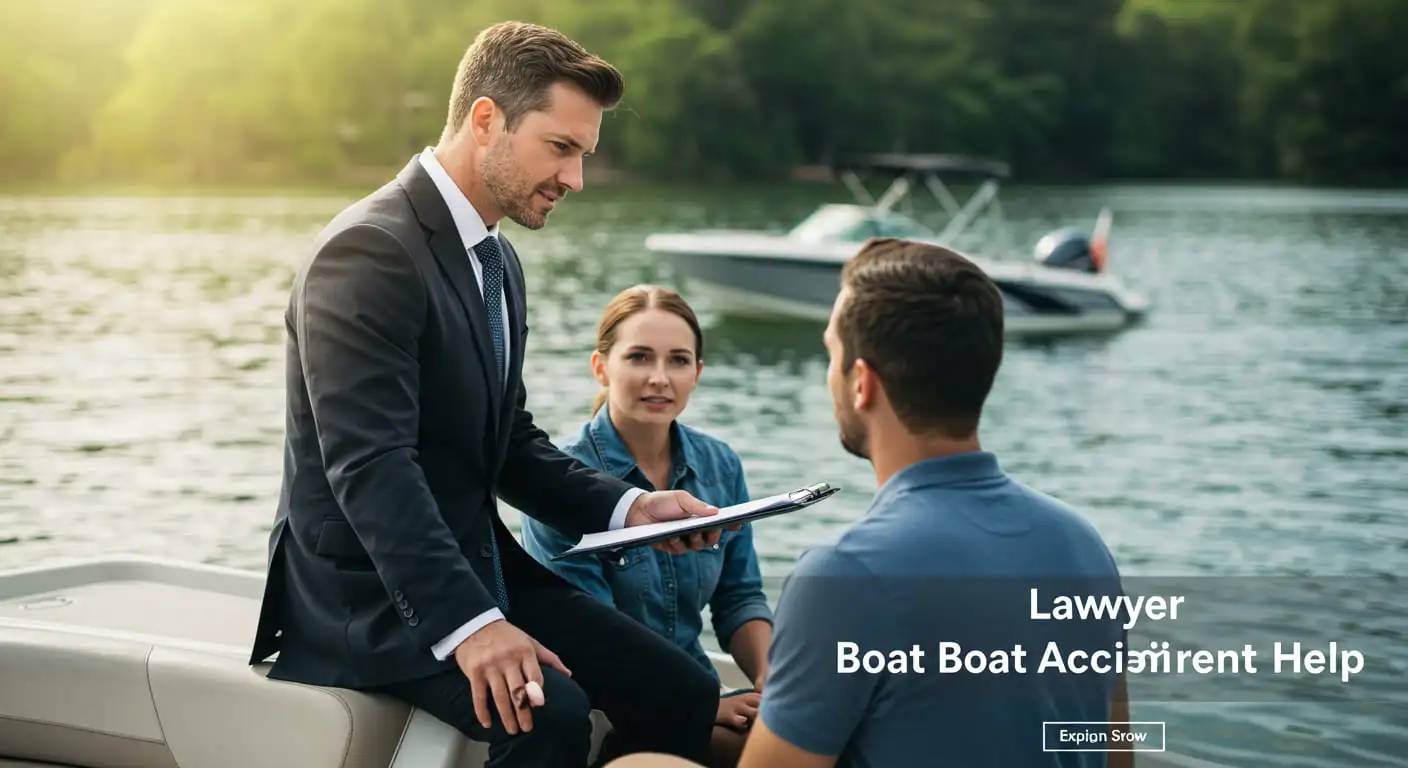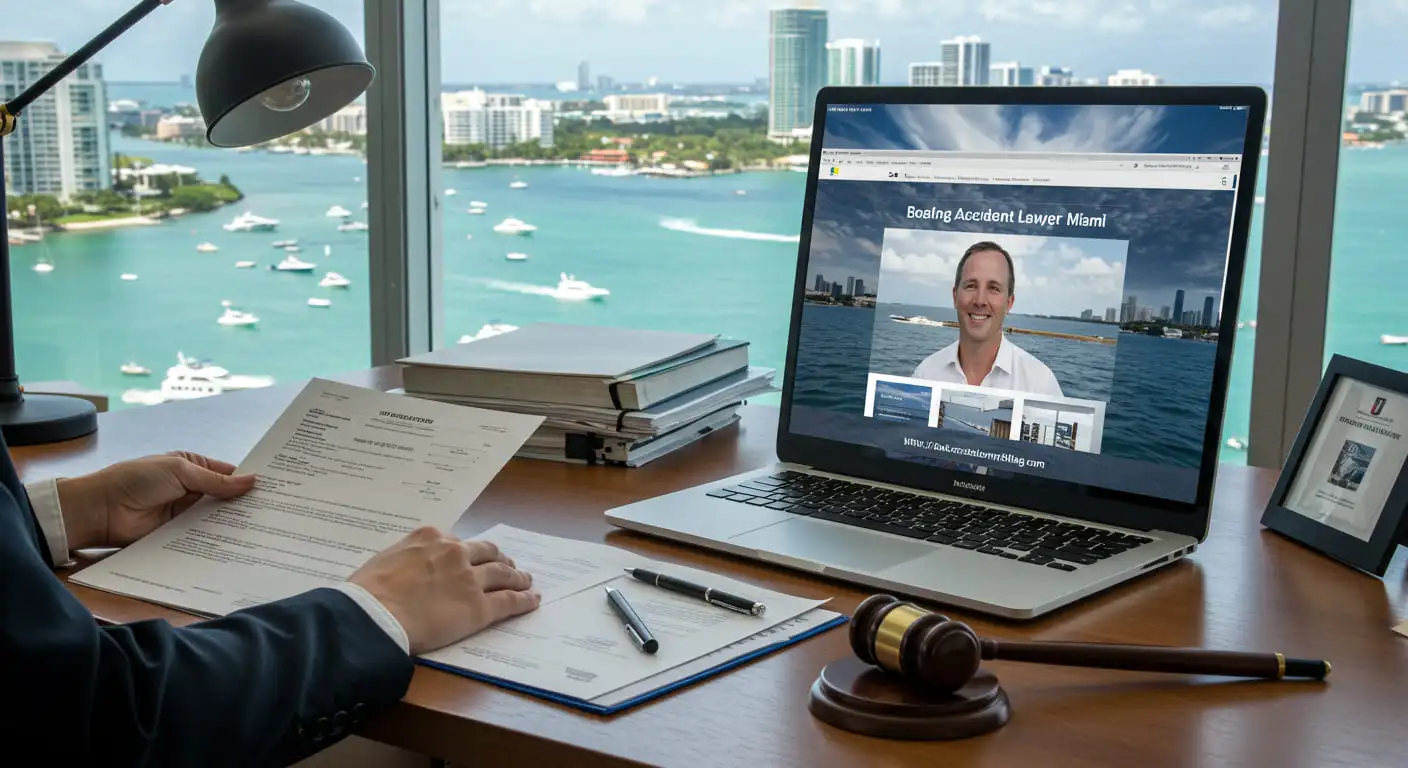Learn how a maritime injury lawyer can help after a boating accident. Legal tips, lawsuit process & finding the right attorney near you.
Introduction
Boating should be about relaxation and adventure—but accidents on the water can quickly turn a peaceful day into a legal nightmare. If you or a loved one has suffered harm due to a boating accident, a maritime injury lawyer can be your best resource for justice and compensation. This guide dives deep into what to do after a marine injury, how to navigate lawsuits, and how to find the right lawyer near you.
What Is a Maritime Injury Lawyer?
A maritime injury lawyer is a legal professional who specializes in injuries and accidents that occur on navigable waters, such as oceans, lakes, and rivers. These attorneys understand maritime laws like the Jones Act, the Longshore and Harbor Workers’ Compensation Act (LHWCA), and general admiralty law.
Why You Need One
Maritime law is distinct from typical personal injury law. It has its own deadlines, rules, and jurisdiction. A standard injury attorney may not have the necessary experience to handle your case effectively.
Common Types of Boating Accidents
1. Collisions With Other Vessels
Often caused by operator inattention or intoxication.
2. Groundings
When a boat hits a sandbar or submerged object, causing injuries.
3. Falls Overboard
These can result in drowning, hypothermia, or serious trauma.
4. Fires or Explosions
Common in engine rooms or poorly maintained boats.
5. Cruise Ship Accidents
Slips, falls, food poisoning, or onboard crimes often fall under maritime law.
What Is the First Action After a Boating Accident?
The first steps are critical:
-
Ensure Safety: Aid any injured passengers immediately.
-
Report the Incident: Call the Coast Guard or local authorities.
-
Seek Medical Attention: Even if injuries appear minor.
-
Document Everything: Take photos, collect contact info, and gather witness statements.
-
Avoid Admissions: Don’t admit fault, even casually.
What Type of Report Must Be Filed?
In the U.S., the Coast Guard requires a Boating Accident Report (BAR) if:
-
Someone is injured beyond first aid.
-
There is property damage over $2,000.
-
There is a fatality.
-
A person disappears under suspicious circumstances.
Can I Afford an Accident Attorney?
Yes, most maritime injury lawyers work on a contingency fee basis, meaning:
-
You don’t pay upfront.
-
The lawyer gets a percentage (usually 30–40%) only if you win or settle the case.
-
If you lose, you often owe nothing.
This system ensures access to justice regardless of your financial situation.
How to Find a Boat Accident Attorney Near You
Use These Strategies:
-
Search Online: Look for local maritime law specialists using legal directories.
-
Ask for Referrals: Reach out to friends or colleagues who may have used one.
-
Check Credentials: Ensure they are licensed in your state and have experience in maritime law.
-
Read Reviews: Pay attention to past client testimonials.
-
Consultation: Most offer free consultations—use this to ask questions and gauge fit.
What to Expect in a Boating Accident Lawsuit
1. Initial Consultation
You discuss your case, possible damages, and the legal process.
2. Investigation
Your lawyer collects evidence, witness statements, and expert opinions.
3. Filing the Claim
This can be done in state, federal, or admiralty court depending on the case.
4. Negotiation
Most cases are settled out of court, but your lawyer should be trial-ready.
5. Settlement or Trial
You receive compensation or, if no settlement is reached, the case proceeds to court.
Cruise Ship Accident Lawyer: When Your Vacation Turns into a Legal Battle
Cruise ship injuries fall under maritime law as well. Common cases include:
-
Onboard assault
-
Slip-and-fall accidents
-
Norovirus outbreaks
-
Shore excursion injuries
Key Tip:
Cruise ship tickets often have fine print that limits where you can file a lawsuit. A specialized cruise ship accident lawyer can help you understand your rights and file in the correct jurisdiction.
What Are Not Legal Reasons to Report a Boating Accident?
You do not need to report:
-
Minor injuries not requiring medical attention
-
Property damage under $2,000
-
Non-mechanical incidents not involving others
However, it’s often still wise to report even minor incidents to establish a record.
What Is the Most Common Type of Boating Accident?
According to the U.S. Coast Guard:
-
Collisions with other recreational vessels are the most common.
-
Most involve operator inattention, inexperience, or alcohol use.
Preventing such incidents means ensuring proper safety gear, training, and alertness on the water.
How Much Do Most Injury Lawyers Charge?
Most personal injury and maritime lawyers charge on a contingency basis. Typical rates:
-
33–40% of the total settlement or court award
-
Additional expenses may be deducted (e.g., court fees, expert witnesses)
Ask upfront for a fee agreement in writing before signing anything.
Real-Life Example: Jet Ski Collision Case
Sarah, a 29-year-old tourist, was riding a rented jet ski in Florida when she was hit by a speedboat. She suffered a fractured spine and had months of rehab.
Thanks to her maritime injury lawyer, she won a $780,000 settlement that covered her medical bills, lost wages, and emotional trauma.
How to Strengthen Your Case
-
Get a medical exam immediately after the accident.
-
Don’t rely on the other party’s insurance.
-
Save all receipts, reports, and photos.
-
Keep a journal of your symptoms and recovery process.
-
Be wary of early settlement offers—they’re often lowballs.
Maritime accidents can be life-altering, but you don’t have to face the aftermath by yourself. Whether you’re dealing with a cruise ship injury, a jet ski crash, or a boating collision, hiring a qualified maritime injury lawyer gives you the support and expertise you need to seek justice.
Have you been injured in a boating accident?
Don’t wait—speak to a maritime injury lawyer today and protect your legal rights before it’s too late.
Leave a reply

